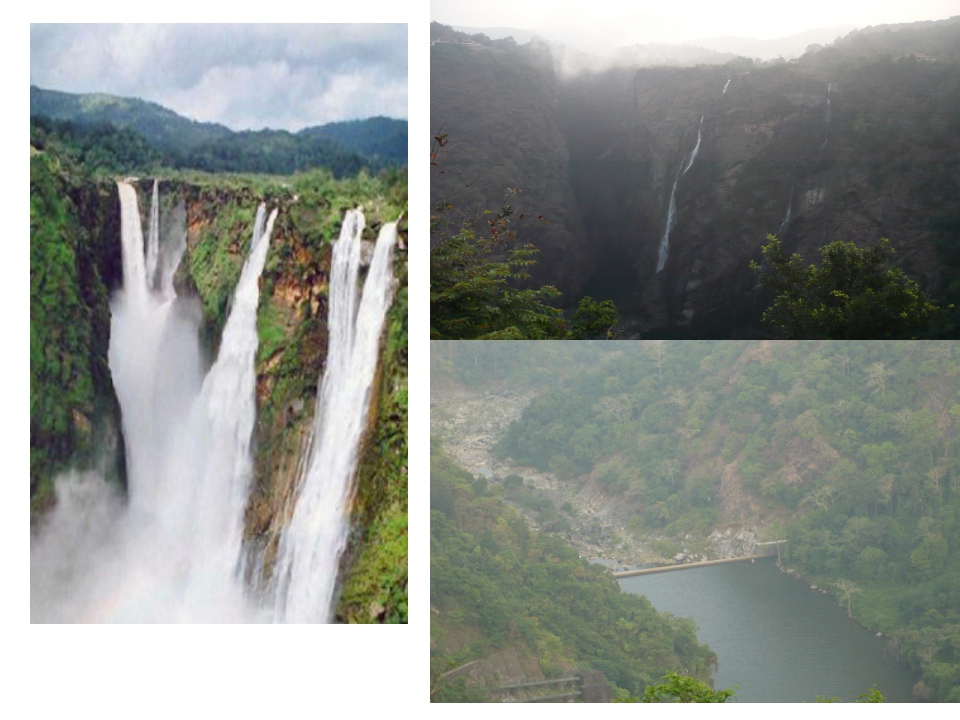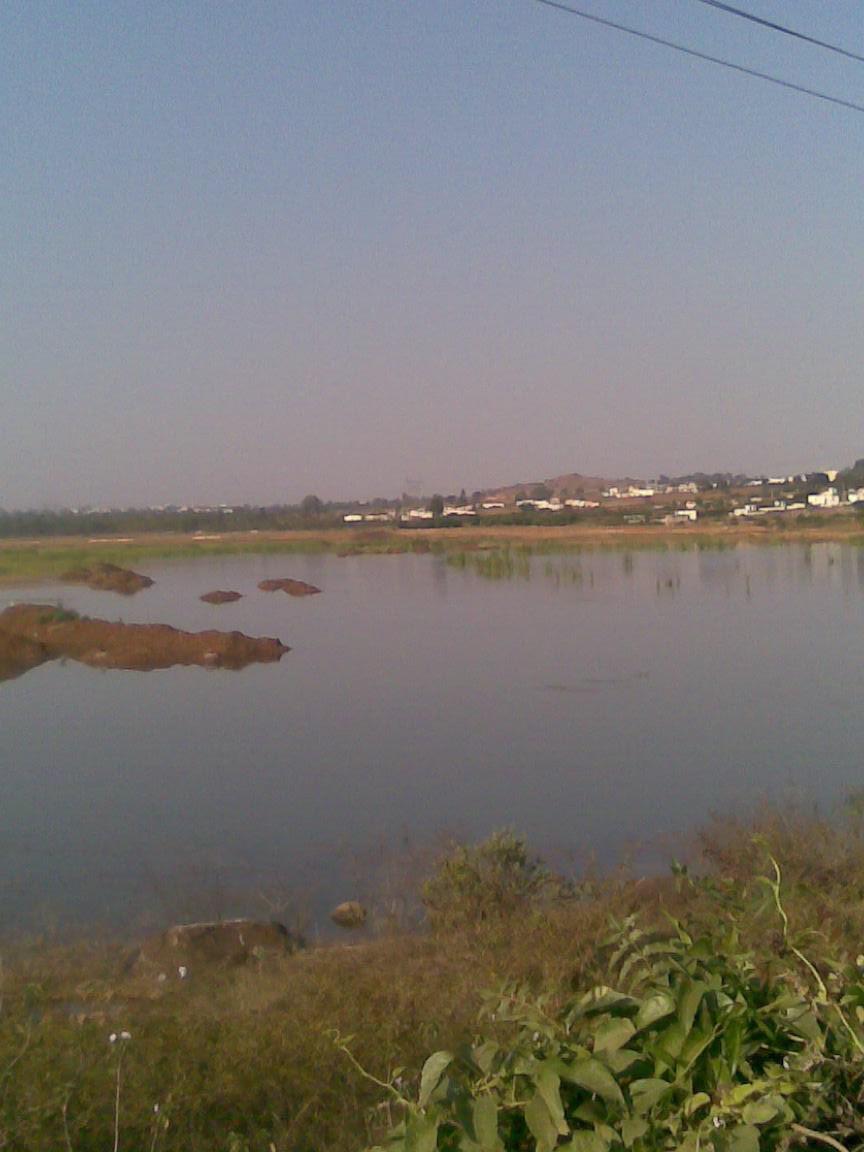Surface Water
Privatisation of water services in New Delhi : Myth and reality - Report by Water Privatisation - Commercialization Resistance Committee
Posted on 09 Jul, 2012 12:40 PMResidents of Delhi have been protesting against privatisation of water atleast since 2005.
A study on the issues of the inland fisheries and the policy framework governing the sector
Posted on 07 Jul, 2012 03:04 PMIssue of Commons and institutional arrangements:
Narayanan Unni's organic farm in Chittur, Palakkad, Kerala - A video report
Posted on 30 Jun, 2012 11:07 PMIn these videos namely Part I and Part II, Narayanan Unni walks us through his farm located in Chittur, Palakkad, Kerala that includes a range of organically grown medicinal plants, vegetables and introduces the organically grown ancient med
Living rivers, dying rivers: Rivers of Tamil Nadu and Kerala
Posted on 28 Jun, 2012 04:35 PMIntroduction

"Citizens need to engage in critiquing environment impact assessments": Report of a workshop on environmental flows, organised by Himmothhan and International Rivers at Dehradun
Posted on 24 Jun, 2012 04:39 PMWhat do we see our rivers as? Are they merely conduits for water that is to be used to its fullest extent? Or are they valued and revered ecosystems? The Himmotthan Society, Dehradun and International Rivers, U.S.A., hosted a discussion a workshop on ‘Environmental Flows’ at Hotel Madhuban, Dehradun on 08 June 2012 that sought to clarify the issues around these questions.
A Primer on the What, Why and How of environmental flows, authored by Dr. Latha Anantha (River Research Centre, Kerala) and Parineeta Dandekar (South Asia Network on Dams, Rivers and People, SANDRP) and published by International Rivers, was shared with the participants. The presentations made during this workshop are presented in this article.
The legendary Jog falls are a shadow of their former self after damming (Courtesy: Dr.Latha Anantha)
Assessment of the environmental flows requirements for the Upper Ganga basin: A report by the World Wide Fund for Nature (India)
Posted on 22 Jun, 2012 02:27 PMThe Ganga is the most sacred river in the sub-continent, and revered by millions.It is also among the top ten rivers at risk. The key threat to the river is indiscriminate abstraction of water from the river, leavng it unable to maintain its ecological integrity or to satisfy the needs of riparian communities.
World Wide Fund for Nature-India invites applications for Programme Manager- Communications Rivers for Life, Life for Rivers, Delhi, Apply by June 30, 2012
Posted on 19 Jun, 2012 10:24 PM
WWF-India has been working to promote harmony between human beings and nature for more than four decades.Today, it is recognized as a premier conservation NGO in the country dealing with nature conservation, environmental protection and development-related issues. At a time when the Web of Life has come under increasing threats, WWF-India's attempts have been to find and implement solutions so that human beings can live in harmony with nature, and leave for future generations a world rich in natural resources and natural wonders.
Land, water and local people - A case study of the Bangalore Mysore Infrastructure Corridor - A Masters' dissertation - Tata Institute of Social Sciences
Posted on 15 Jun, 2012 07:28 PM This thesis/report presents the findings of a study that was conducted for the fulfillment of the Masters degree at the School of Habitat Studies, Tata Institute of Social Sciences.
This thesis/report presents the findings of a study that was conducted for the fulfillment of the Masters degree at the School of Habitat Studies, Tata Institute of Social Sciences.
Sarakki lake in Bangalore is almost dead and needs quick action to be revived
Posted on 07 Jun, 2012 04:39 PMSarakki Lake, also known as Jagaranahalli Lake located in South Bangalore is one of the oldest lakes in Bangalore, and once upon a time one of the most glorious. It has now become a reservoir for untreated sewage and a dumping yard for the surrounding neighbourhoods. This lake was a source of water for four villages up until just a few years ago.
Himmothan Pariyojana's drinking water and sanitation (WATSAN) interventions in Uttarakhand
Posted on 05 Jun, 2012 10:32 PMIn 2001, the Himmothan Pariyojana (HMP) programme was initiated to work on rural development issues in collaboration with the Government of Uttarakhand, as formalised by a 10-year MoU between the two in 2004.





